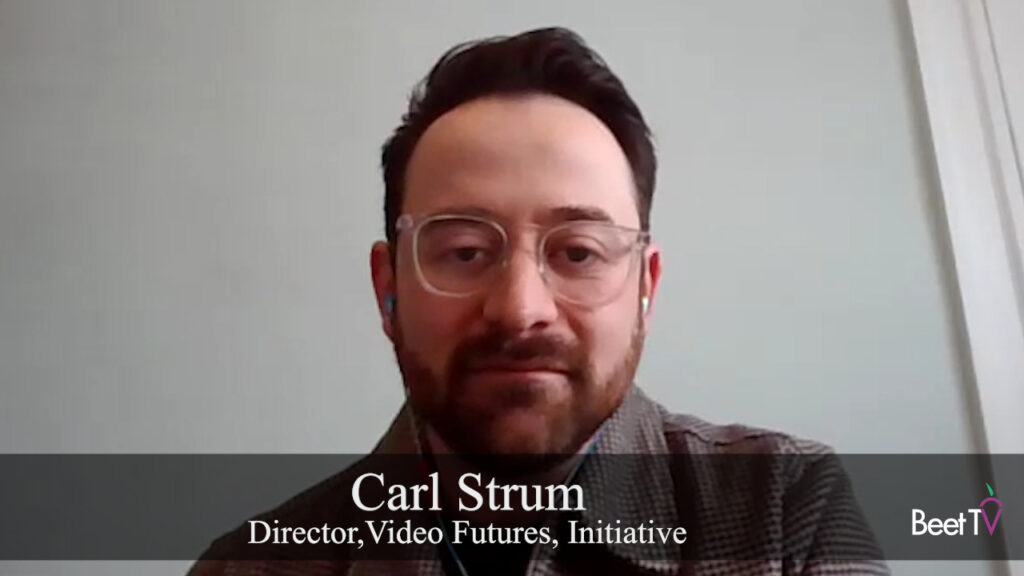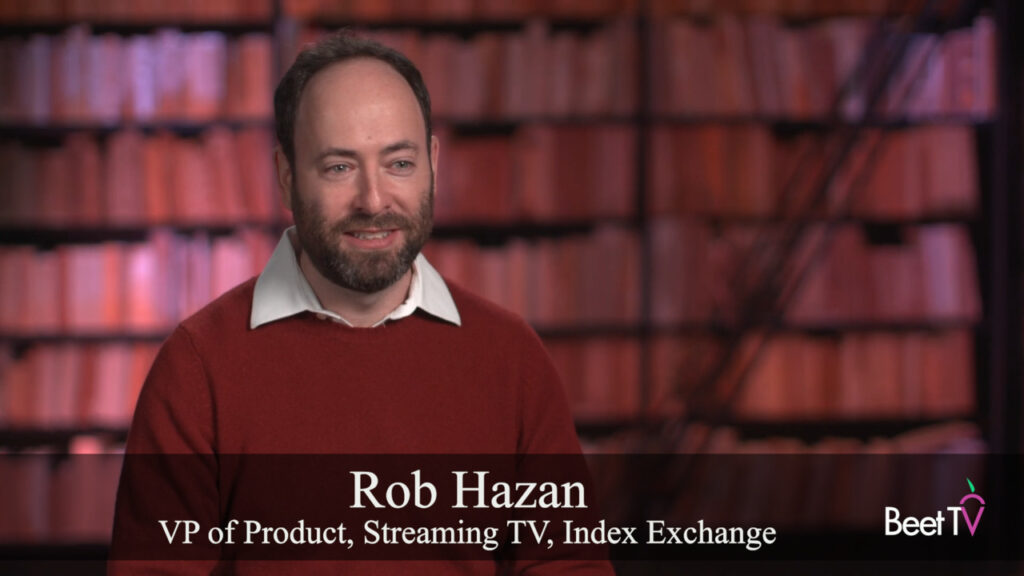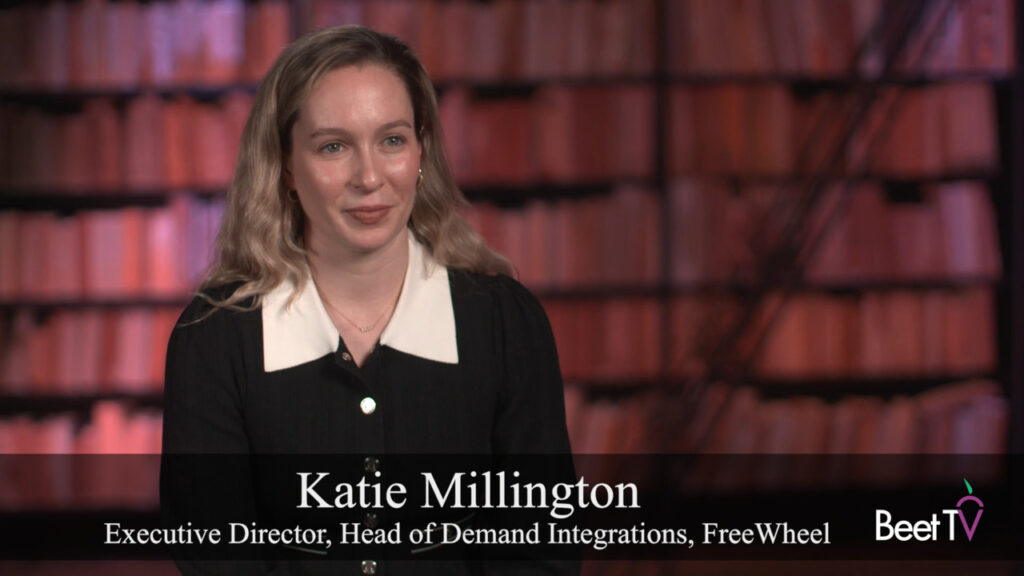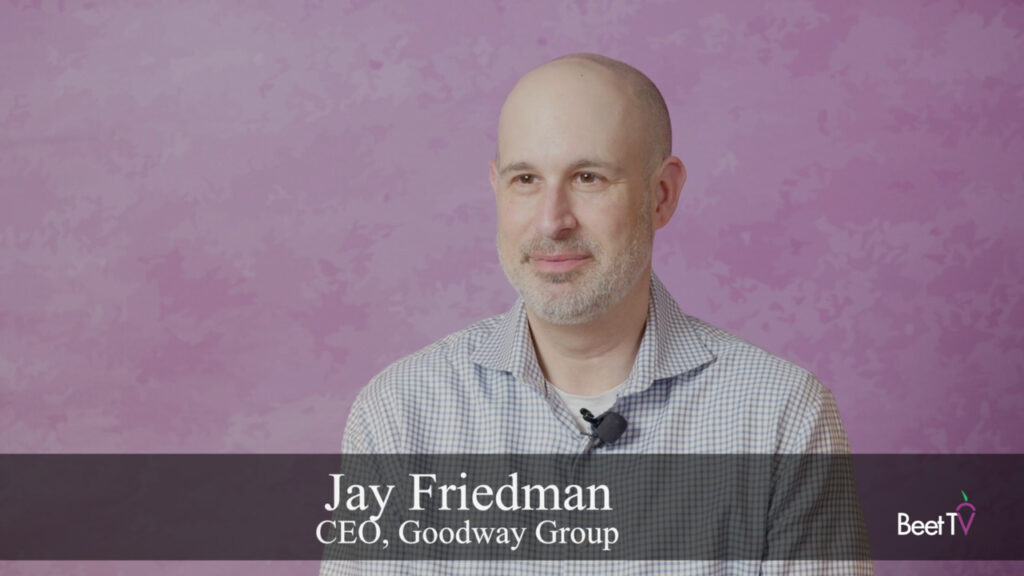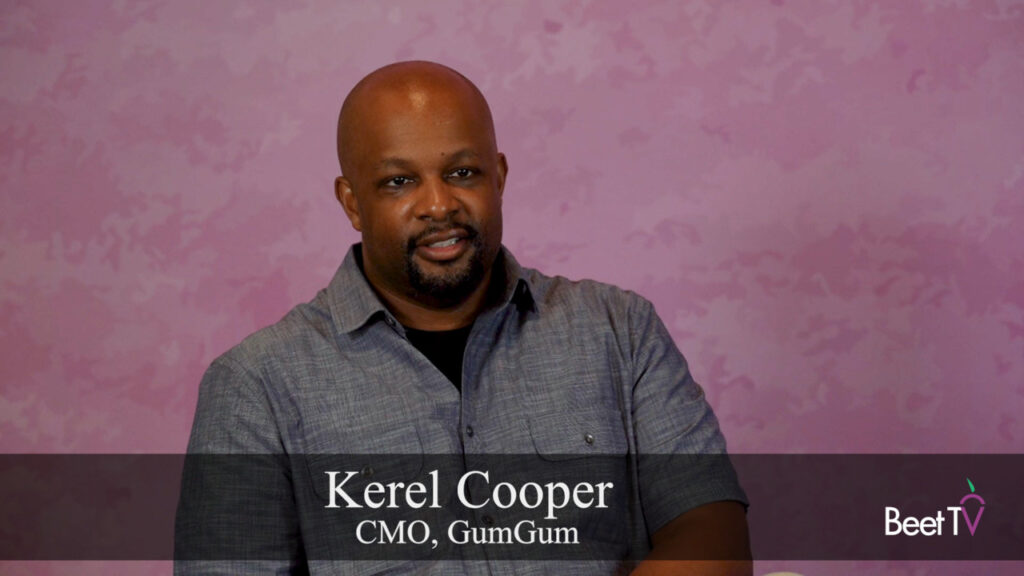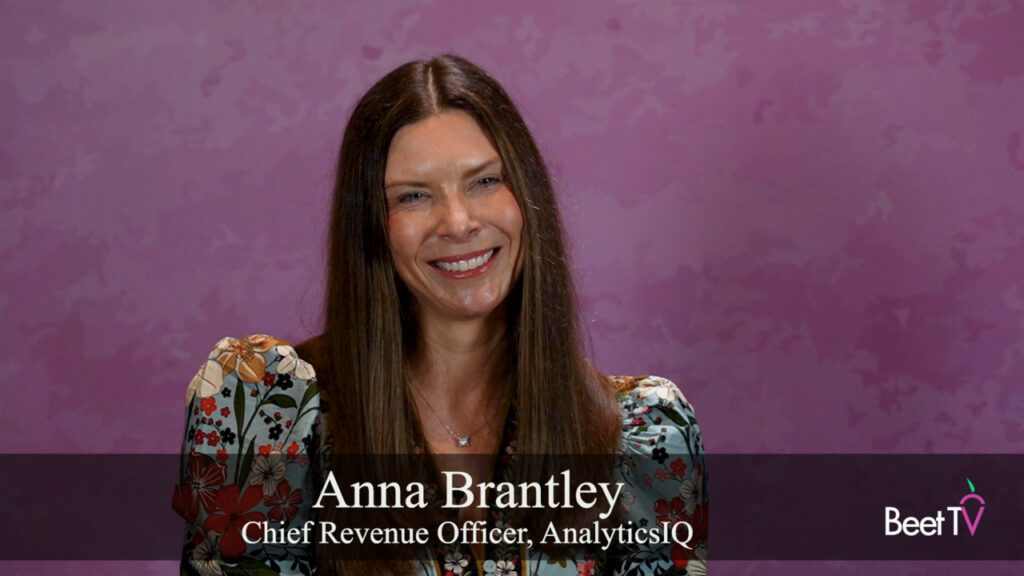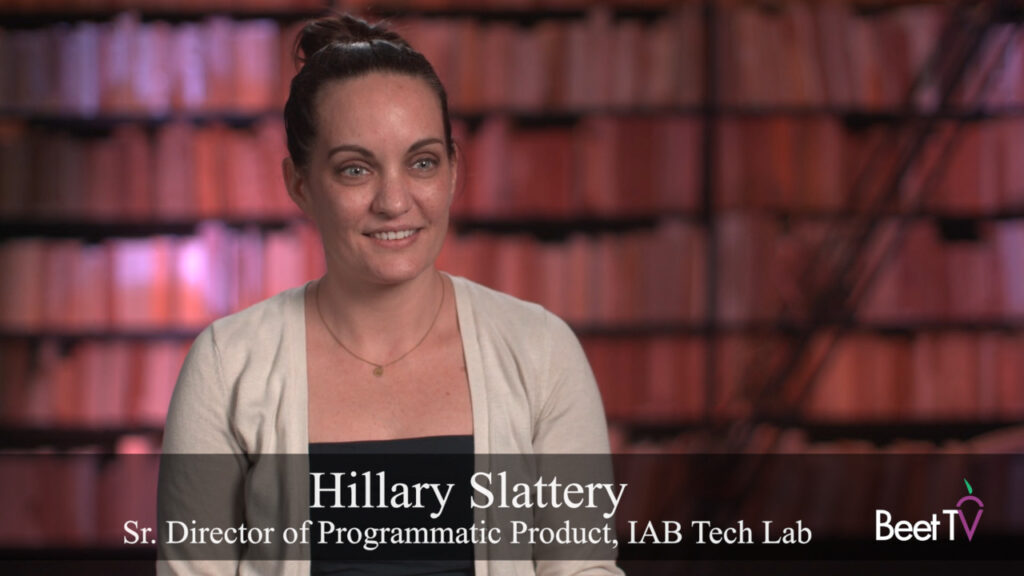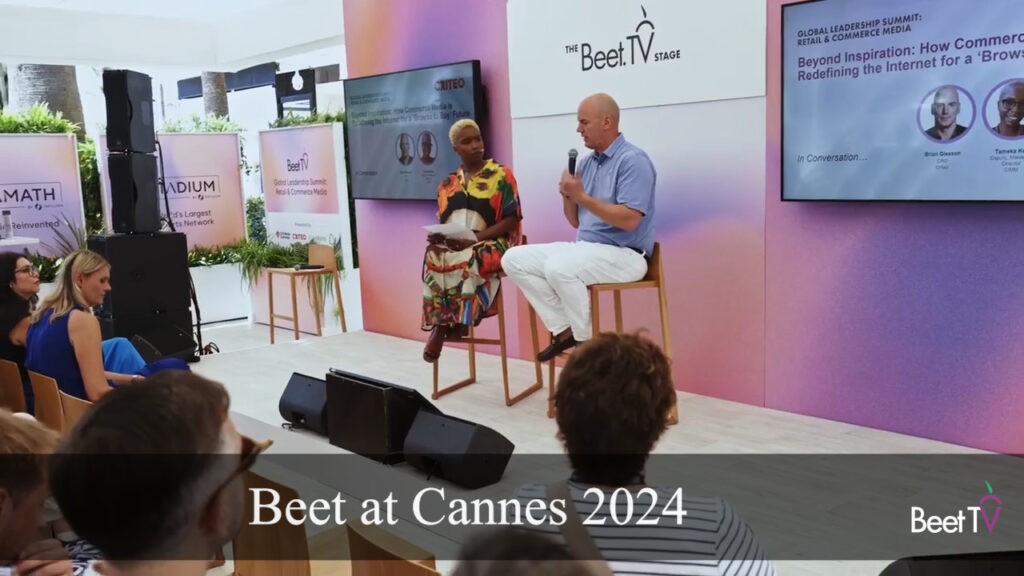On the same day Google again delayed phasing out Chrome cookies, a startup founded by two ex-Googlers raised a big funding round to provide an alternative ad targeting mechanism.
Seedtag is one of several ad-tech firms whose software reads cues in content to provide “contextual targeting” attributes, considered a replacement for waning audience targeting methods.
In this video interview with Beet.TV, Brian Danzis, Managing Director, USA, Seedtag, explains the Spanish-founded company will use proceeds of a €250 million fund-raising to grow its US footprint.
Planting the seed
Madrid-based Seedtag announced the big raise from Advent International, a private equity investor, in July.
“In an environment where it is tough to raise money, given the potential for a US recession, this is going to help us massively accelerate our US expansion,” Danzis explains.
“We’re already in 11 countries around the world, the US obviously being the largest ad market – it is important for us to win this.
“We’re going to reinforce our team, develop our technology and continue on with our mission of building the best platform in this country.”
Network growth
Seedtag’s LIZ engine uses AI to interrogate and deduce the inner meaning of web text and images, making attributes available to use for buying in-content ad placements in premium publisher inventory.
The company claims to offer access to the most common DSPs through its Seedtag Exchange, working with more than 2,000 publishers across nine markets.
The company opened its US headquarters this summer in New York City, as well as others in Miami, Chicago and Los Angeles.
For Danzis, the tech is timely, because advertisers still need an effective replacement for the traditional targeting methods that are being ripped-up.
“Safari and Firefox blocked cookies by default two years ago,” he says. “Solutions like Universal ID really haven’t picked up enough and the match rates are kind of crap.
“Congress may be acting soon with the American Data Privacy and Protection Act.”
Positive for publishers
And Danzis says contextual targeting is not just good for advertisers, it can also help publishers.
“It opens up a ton of possibilities for publishers to open up their content and their supply to the demand side in more profound ways,” he says.
“They can understand what people are talking about and having interest in – that can inform their editorial department, they can find what may be triggering brand safety issues and make changes based upon that.
“They can look at what competitor suppliers may be doing and what people are talking about and make adjustments.”




























